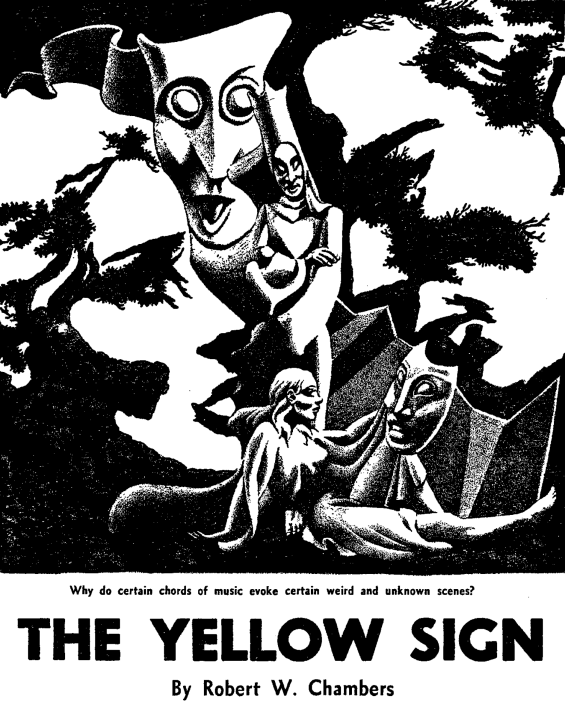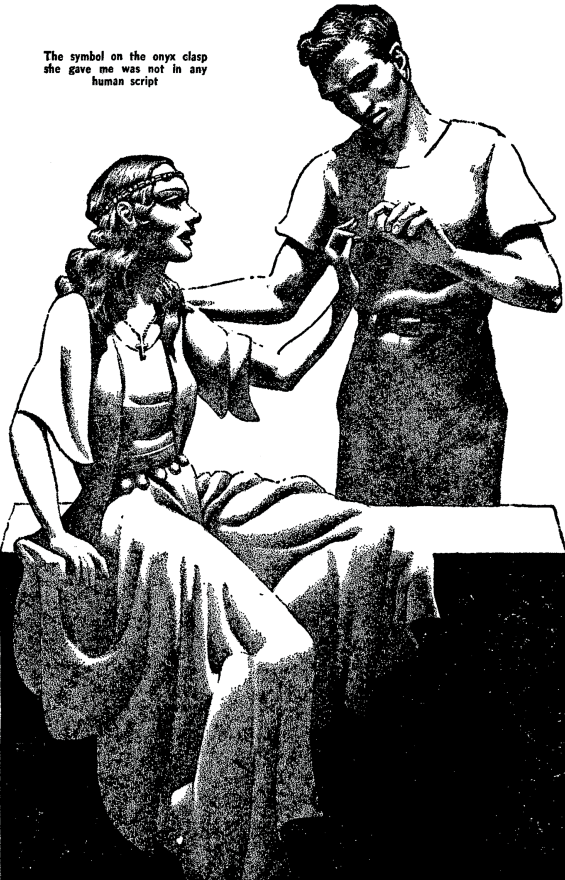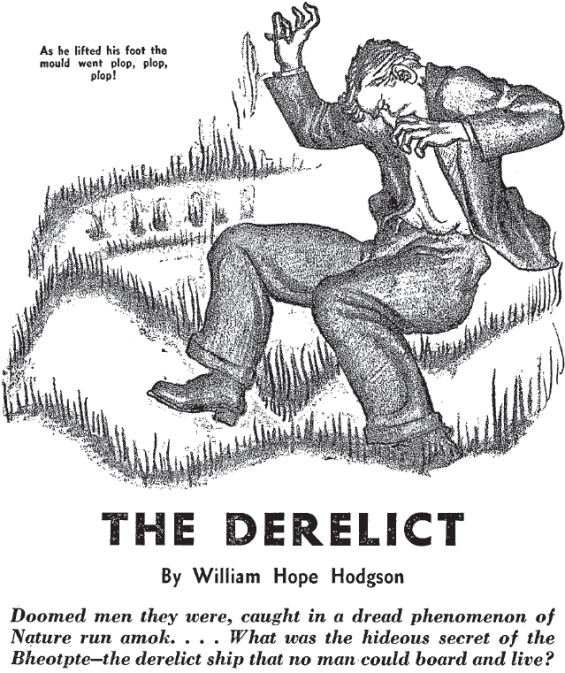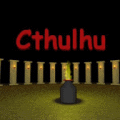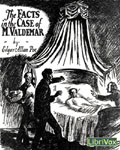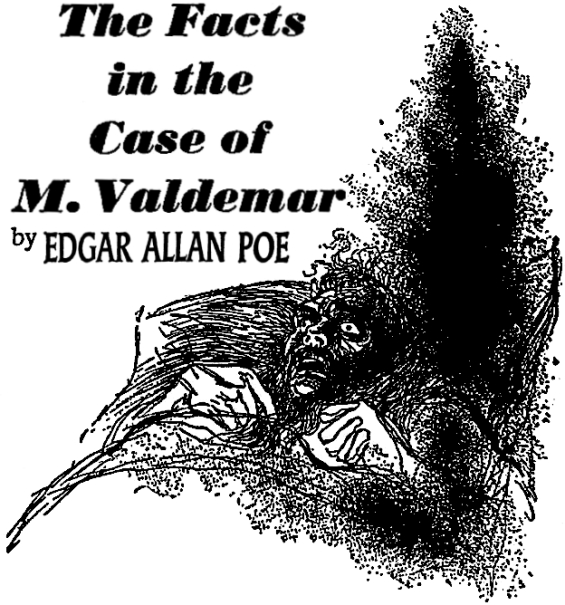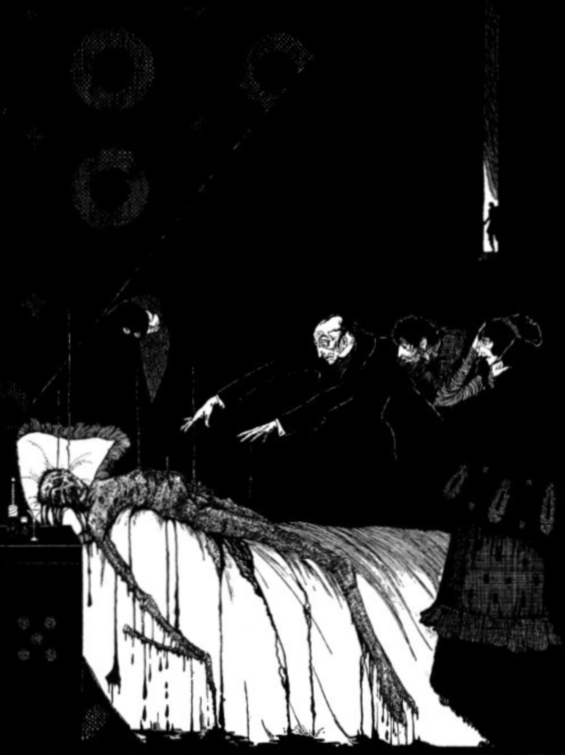
H.P. Lovecraft’s Book Of The Supernatural
Edited by Stephen Jones; Read by Bronson Pinchot, Stephen Crossley, Davina Porter, Madeleine Lambert, Mark Peckham
MP3 DOWNLOAD – [UNABRIDGED]
Publisher: AudioGo
Published: August 1, 2012
Written by arguably the most important horror writer of the twentieth century, H. P. Lovecraft’s 1927 essay Supernatural Horror in Literature traces the evolution of the genre from the early Gothic novels to the work of contemporary American and British authors. Throughout, Lovecraft acknowledges those authors and stories that he feels are the very finest the horror field has to offer: Washington Irving, Edgar Allan Poe, Henry James, Rudyard Kipling, Bram Stoker, Robert Louis Stevenson, Guy de Maupassant, Ambrose Bierce, and Arthur Conan Doyle, each prefaced by Lovecraft’s own opinions and insights in their work. This chilling collection also contains Henry James’ wonderfully atmospheric short novel…The Turn of the Screw. For every fan of modern horror, here is an opportunity to rediscover the origins of the genre with some of most terrifying stories ever imagined.
The audio sample says it includes “20 classics of the macabre.” I’ll try to get a list.
Here’s the TOC:
an introduction by editor Stephen Jones
Notes on Writing Weird Fiction By H.P. Lovecraft
The Tale of the German Student by Washington Irving
Markheim by Robert Louis Stevenson
Who Knows? by Guy de Maupassant
The Invisible Eye by Erckmann-Chatrian
The Torture by Hope by Villiers de l’Isle Adam
Ms. Found in a Bottle by Edgar Allan Poe
What Was It? by Fitz-James O’Brien
The Middle Toe of the Right Foot by Ambrose Bierce
The Turn of the Screw by Henry James
The Dead Smile by F. Marion Crawford
The Wind in the Rose-Bush by Mary E. Wilkins-Freeman
The Yellow Wallpaper by Charlotte Perkins Gilman
The Recrudescence of Imray by Rudyard Kipling
The Hands of Karma (Ingwa-banashi) by Lafcadio Hearn
The Burial of the Rats by Bram Stoker
The Red Lodge by H.R. Wakefield
The Captain of the Pole-Star by Sir Arthur Conan Doyle
The Villa Desiree by May Sinclair
The Voice in the Night by William Hope Hodgson
Novel of the White Powder by Arthur Machen
[Thanks Amy!]
Posted by Jesse Willis
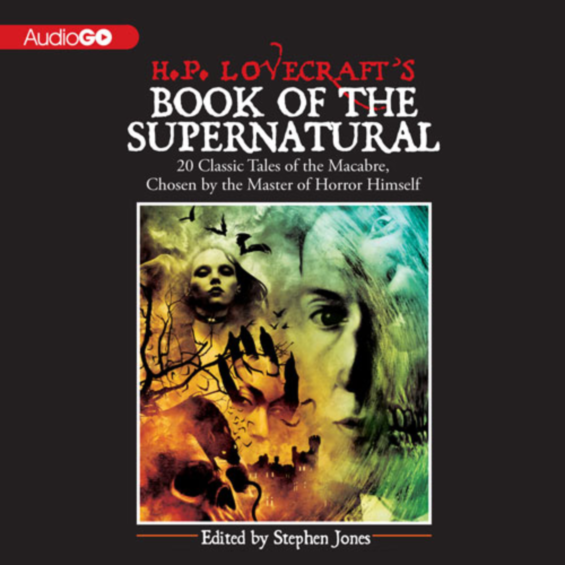



 The Yellow Sign
The Yellow Sign